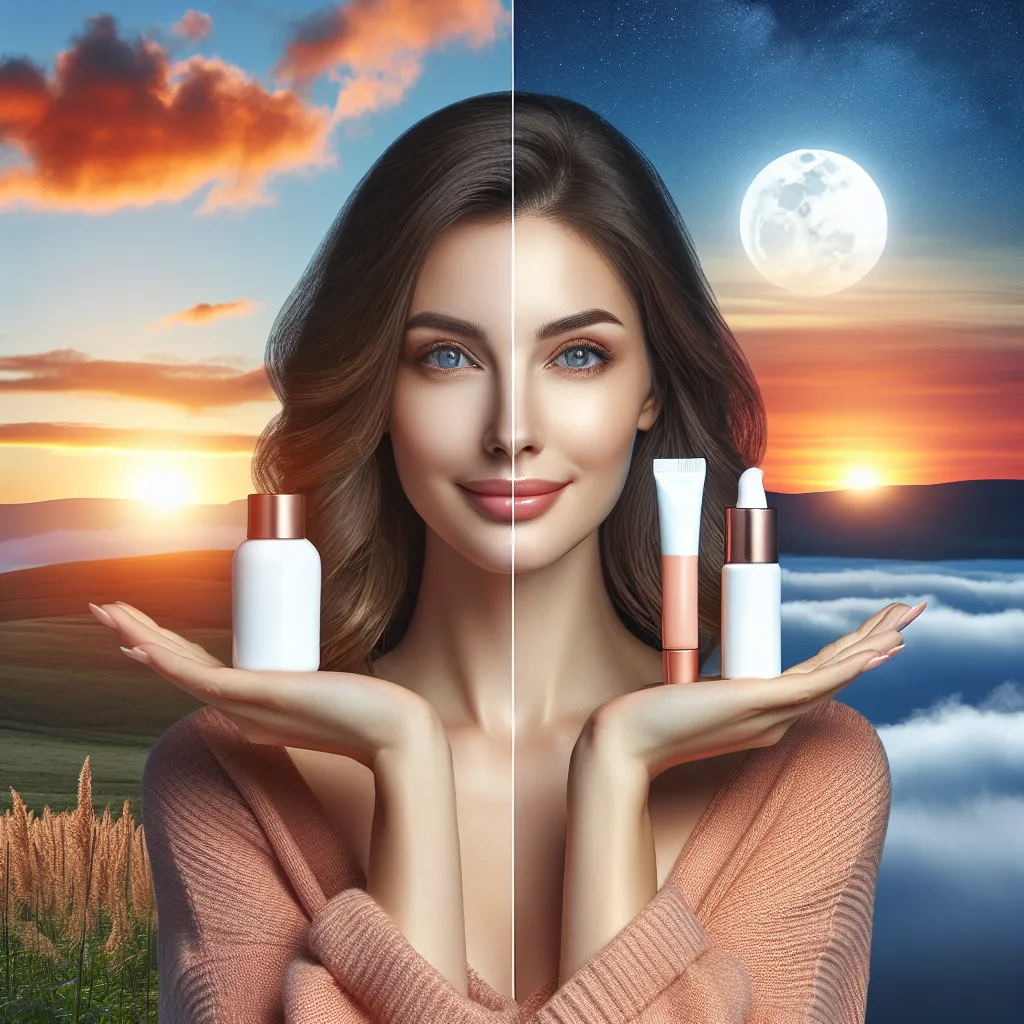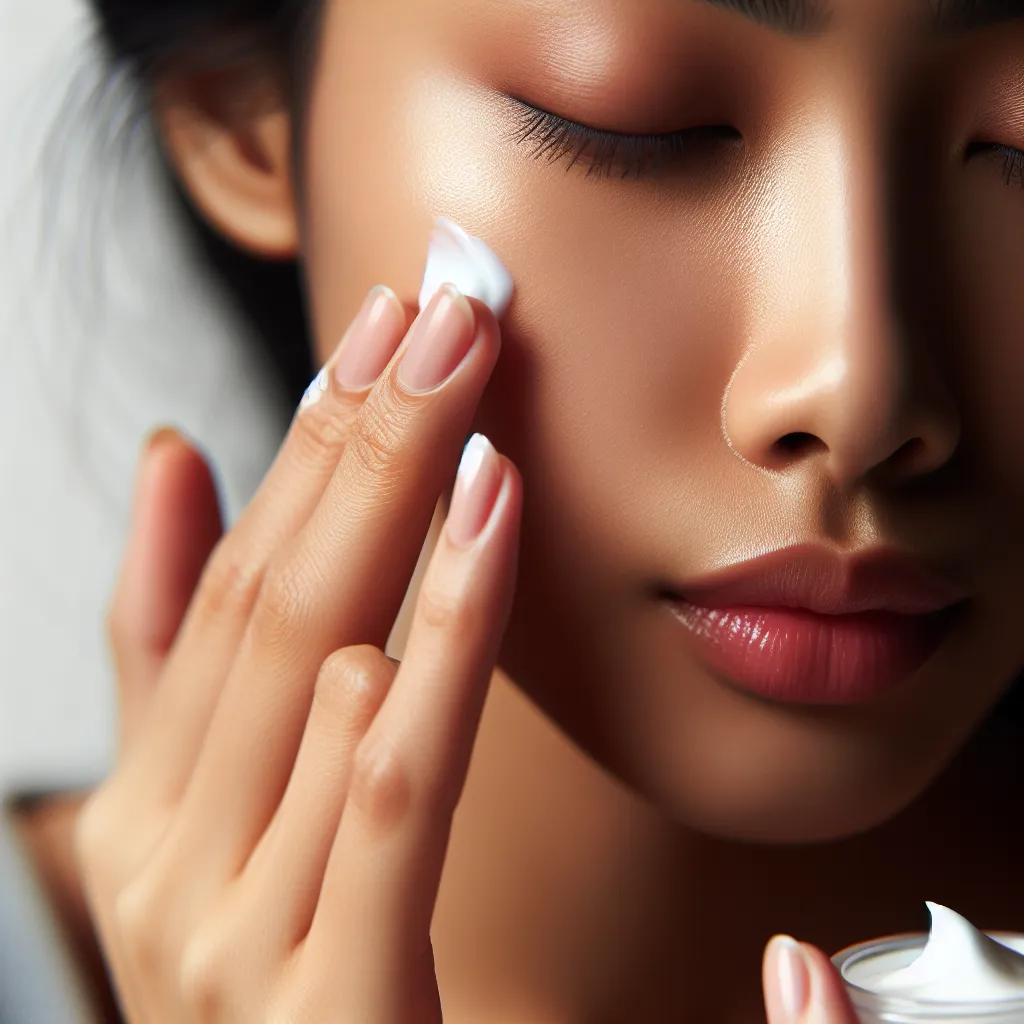The Truth About Skin Science: Debunking Skincare Myths
As the beauty industry continues to thrive, the science behind skincare routines has become a hot topic of debate. With a plethora of skincare myths circulating, it’s essential to separate fact from fiction to make informed decisions about our skincare regimens. Debunking these myths involves understanding the truth about skin science and the efficacy of different skincare practices.
One common myth suggests that natural ingredients are always better for the skin. While some natural ingredients can be beneficial, such as aloe vera or tea tree oil, not all natural products are created equal. On the other hand, certain synthetic ingredients have been extensively researched and proven to be effective in skincare formulations. The key lies in understanding the specific needs of your skin and choosing products based on scientific evidence rather than falling for blanket claims about natural being superior to synthetic.
Another prevalent skincare myth revolves around the concept of a “one-size-fits-all” approach to skincare. In reality, each person’s skin is unique, and what works for one individual may not work for another. Factors such as skin type, age, and environmental influences play a crucial role in determining the most suitable skincare routine. Therefore, it’s essential to tailor skincare practices to meet individual needs rather than following generic recommendations.
Furthermore, the notion that more products equate to better skincare results is also a myth that needs debunking. Overloading the skin with numerous products can lead to irritation and disrupt the skin’s natural balance. A minimalistic approach focusing on essential steps, such as cleansing, moisturizing, and sun protection, is often more effective than bombarding the skin with an excessive number of products.
In conclusion, understanding the truth about skincare science involves critically analyzing popular skincare myths and seeking evidence-based information. By debunking these myths, individuals can make better-informed choices regarding their skincare routines, ultimately leading to healthier and happier skin.
Unpacking the Science: Do Skincare Routines Really Work?
When it comes to skincare routines, there is a lot of debate around whether they really work or if it’s all just a trend. Unpacking the science behind skincare routines reveals that there is indeed a solid foundation for their effectiveness. The key lies in understanding the ingredients and their impact on the skin. Ingredients such as retinoids, vitamin C, and hyaluronic acid have been extensively studied and proven to offer significant benefits for the skin.
Retinoids, for example, have been shown to stimulate collagen production and increase cell turnover, leading to improved skin texture and reduced wrinkles. Similarly, vitamin C is a powerful antioxidant that can brighten the skin and protect it from environmental damage. Hyaluronic acid, known for its ability to retain moisture, can effectively hydrate the skin and reduce the appearance of fine lines.
Furthermore, the science behind skincare routines also emphasizes the importance of consistency. Studies have demonstrated that maintaining a regular skincare regimen can lead to noticeable improvements in the skin’s overall health and appearance. This consistency allows the active ingredients to work synergistically and produce the desired effects.
Therefore, it’s safe to say that skincare routines are not just a passing fad, but rather rooted in scientific research and evidence. By understanding the mechanisms of action behind different skincare ingredients and committing to a consistent routine, individuals can experience real and lasting benefits for their skin.
Examining the Evidence: Separating Skincare Fact from Fiction
When it comes to skincare routines, separating fact from fiction can be a daunting task. With the abundance of beauty trends and products flooding the market, it’s essential to examine the scientific evidence behind skincare practices. The effectiveness of skincare routines is a topic of growing interest, and for good reason. As we delve into the science behind skincare, it becomes evident that distinguishing between well-founded facts and passing fads is crucial for achieving healthy, radiant skin.
Decoding Skincare: The Science Behind Effective Beauty Routines
Decoding skincare: The science behind effective beauty routines is a topic that has gained significant attention in recent years as people seek to understand the scientific basis behind popular skincare practices. With the proliferation of beauty products and routines in the market, it’s essential to separate fact from fad and understand the scientific principles that underpin effective skincare.
One of the key aspects of decoding skincare is understanding the role of active ingredients in skincare products. Ingredients such as retinoids, hyaluronic acid, and vitamin C have been extensively studied for their efficacy in addressing specific skincare concerns. For example, retinoids have been shown to stimulate collagen production and increase cell turnover, resulting in improved skin texture and reduced signs of aging.
Furthermore, understanding the science behind skincare routines involves recognizing the importance of skin barrier function and the role of pH in maintaining healthy skin. The skin’s barrier function is crucial for protecting against environmental stressors and preventing trans-epidermal water loss. Scientifically formulated skincare products consider the skin’s natural pH and aim to support its protective barrier, promoting overall skin health.
Deciphering the science behind effective beauty routines also involves being mindful of individual skin types and how different ingredients and formulations interact with specific skin concerns. Scientific studies have demonstrated the efficacy of certain ingredients for various skin types, such as niacinamide for reducing inflammation and acne, or glycolic acid for enhancing exfoliation and brightness.
In conclusion, decoding skincare: the science behind effective beauty routines requires a nuanced understanding of active ingredients, skin barrier function, and the interplay between different skincare factors. By staying informed about the scientific evidence supporting skincare practices, individuals can make informed decisions about their beauty routines and achieve optimal skin health.




